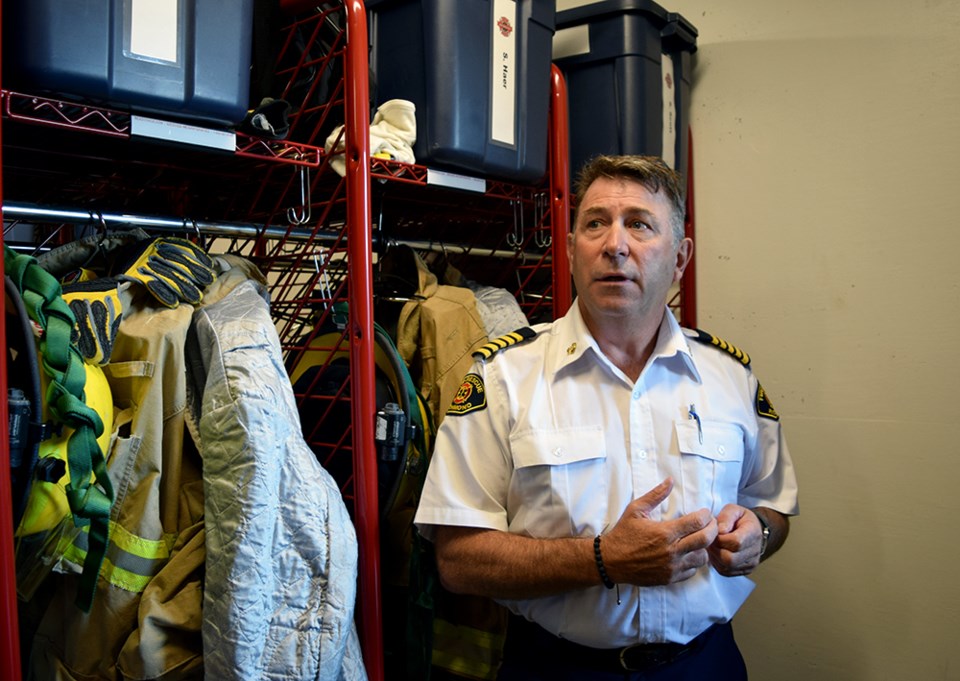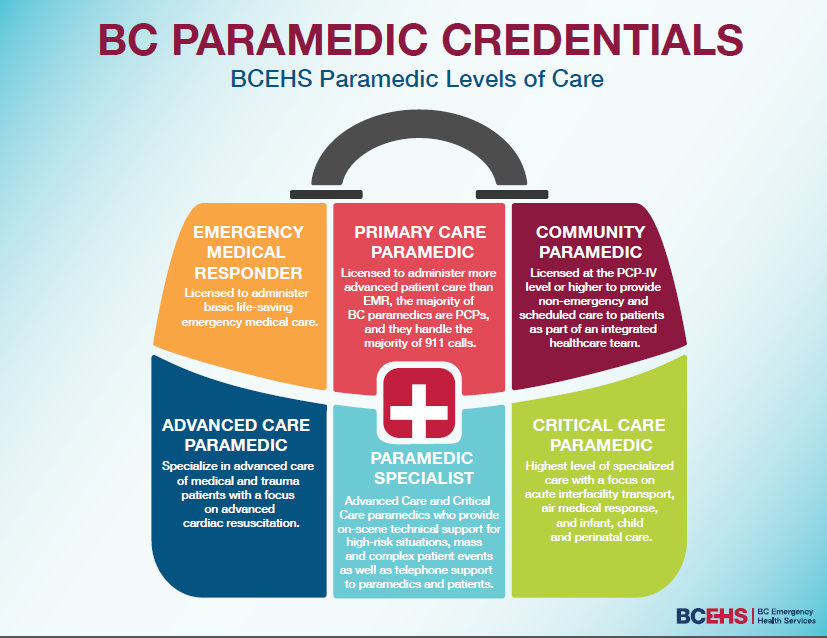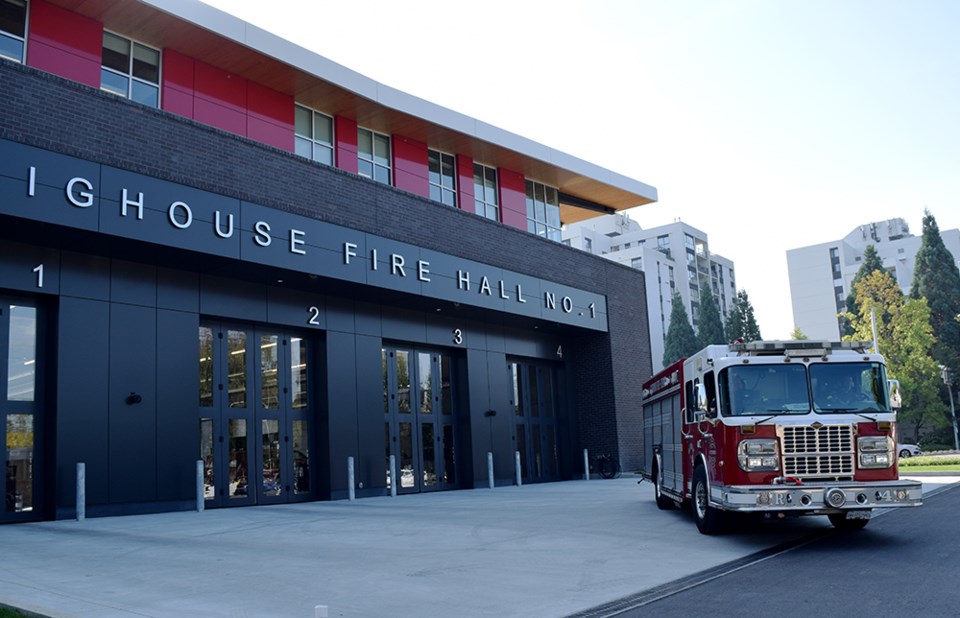Richmond City Council is asking the province to look into increasing firefighters’ ability to provide medical care during emergencies.
Council will write a letter to the B.C. Minister of Health and copy the federal health minister asking about the potential to grant firefighters the ability to perform basic paramedic duties to support BC Ambulance Service, and ask those higher levels of government to provide money to pay for the increased duties.
Coun. Carol Day put forward the idea, suggesting that enhancing firefighters’ role during medical calls could better serve the community.
“The system is broken,” she told the Richmond News. “The provincial government should recognize BC Ambulance is running short. Paramedics are burning out. Why not give that extra level of training to firefighters and then compensate cities for those hours.”
She added fire-rescue personnel often reach an emergency scene first and get things started, but said they’re “stuck there waiting” until an ambulance shows up.
“Sometimes it’s right away. But sometimes it’s not.”
Richmond has about four times as many firefighters as paramedics. It’s served by 201 firefighters out of seven fire halls, managed by the city, and 56 paramedics out of three ambulance stations, managed by the province.
Fire Chief Tim Wilkinson, however, thinks paramedics serve Richmond just fine.
“As of right now, in my opinion, there isn’t really a good payback on adding additional (medical) licenses (for firefighters),” he told the Richmond News.

He thinks firefighters and paramedics here have a good working relationship, and added Richmond is the only urban fire department in B.C. that has an ambulance station attached to its fire hall (at 9680 Cambie Rd).
Shannon Miller, spokesperson for BC EHS, explained that paramedics aren’t bound by region; they serve the entire province and are standard throughout. Whereas fire departments are financed by municipalities and their services vary greatly depending on where they are.
She said firefighters provide important life-saving work, such as doing CPR until paramedics arrive. BCEHS needs to use firefighters’ services wisely, she added, to make sure they’re available in case a fire or other life-threatening situation breaks out.
At a Community Safety Committee meeting Feb. 12, Wilkinson cautioned against the expansion of the fire department’s role, saying funding support from the provincial or federal governments is unlikely.
Instead, he suggested the letter could ask whether the Emergency Health Services Act could be more permissive. That way, it would give municipalities the flexibility to choose an emergency health services model that best suits their needs.
In many jurisdictions in the U.S. and several in Canada, medical responders and firefighters are much more integrated than they are in B.C. Wilkinson told the News he admires the model in Winnipeg, where a primary care paramedic rides in every fire truck.
“It’s a fully combined fire and (emergency medical) service,” he said
Day also thinks changing legislation to allow more integration of fire and emergency medical services is the way forward. She made the point that some firefighters, like her son who just finished firefighter school, have medical training above and beyond what they’re allowed to perform on the job.
Right now, Richmond’s firefighters are licensed at First Responder Level 3. That’s similar to many other fire departments in the Lower Mainland. They’re trained in first aid and can give oxygen, administer Naloxone and use an Automated External Defibrillator.

In 2015, Delta made the decision to upgrade their firefighters to the Emergency Medical Responder (EMR) designation. That’s the most basic level B.C. paramedics can have.
The move in Delta was controversial at the time, but according to a 2017 story in the Delta Optimist, it was working out well.
But BCEHS cautioned against having some rules in one community and different ones in another, saying that standardization of medical care is important to prevent errors. Paramedics are tied to hospital emergency departments and are subject to oversight by doctors, unlike first responder partners, Miller said.
Wilkinson agreed oversight is important when it comes to providing emergency medical care, and said it’s not as simple as just giving firefighters more training. He also said Primary Care Paramedic is the minimum level of training he’d recommend for a person to provide emergency health services.



